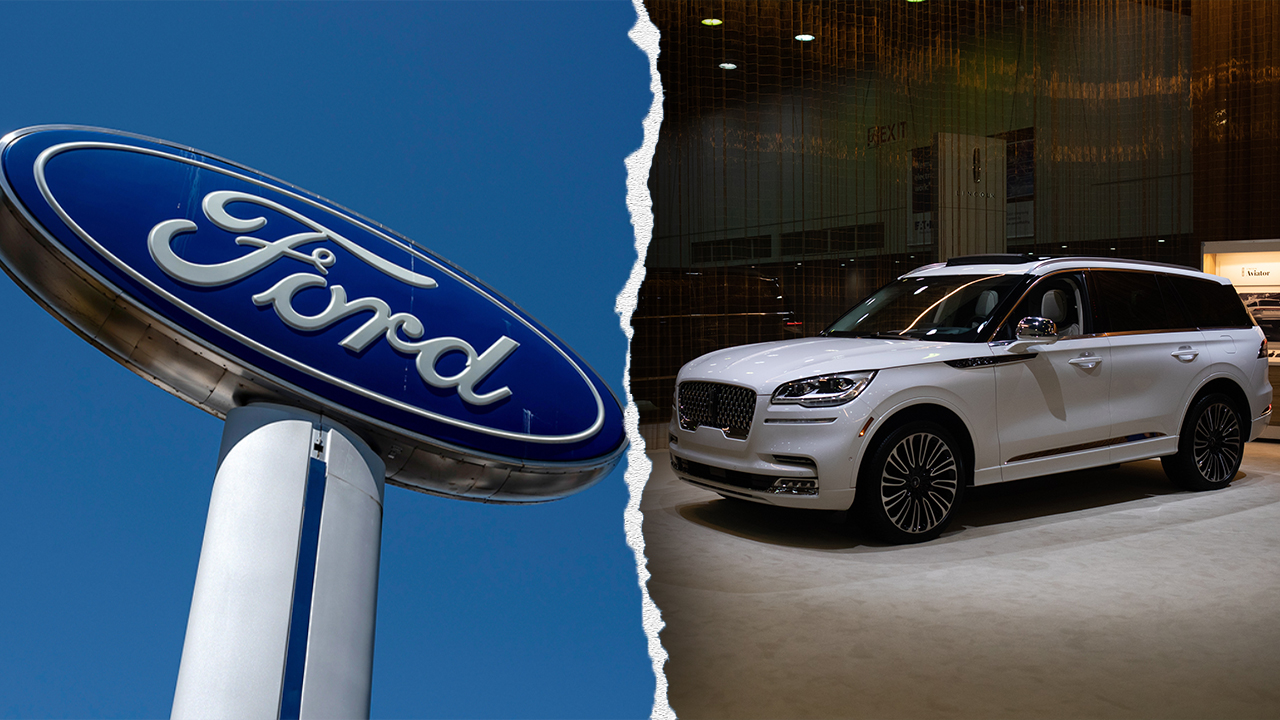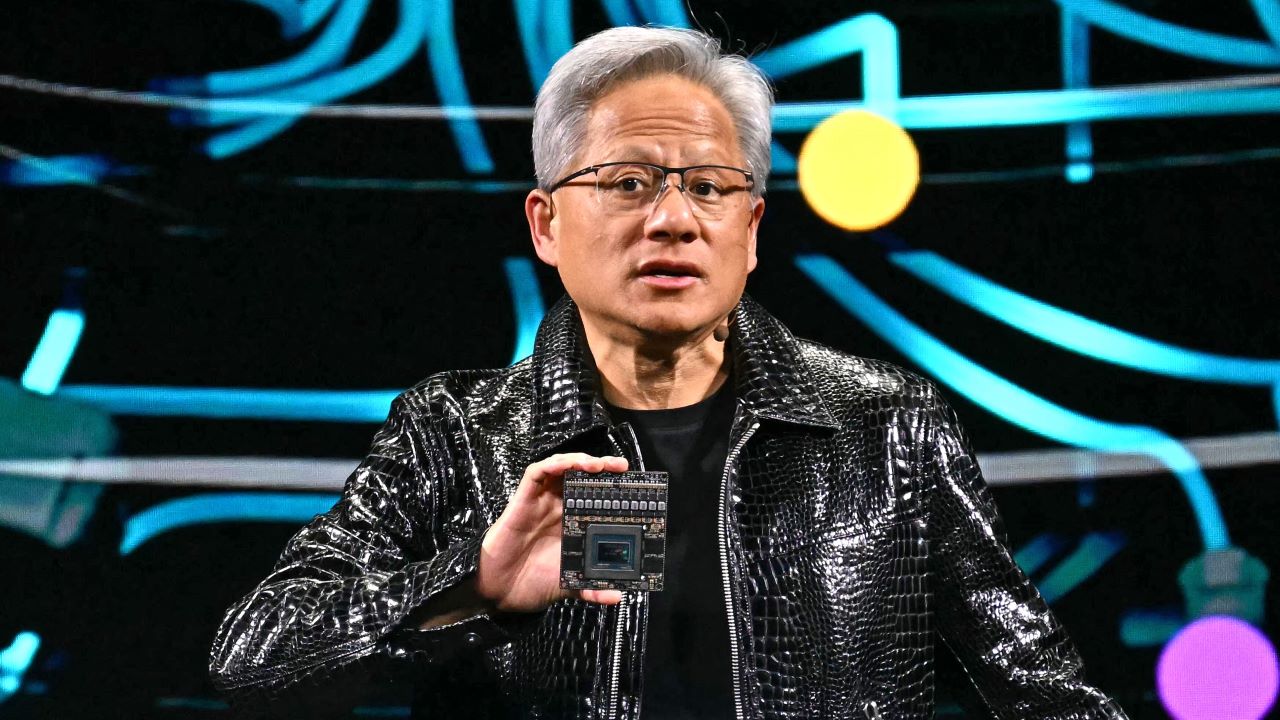
Austin is drawing people to jobs, music venues, comedy clubs, barbecue and more. But with this boom has come a big city blues: traffic jams.
Rekor, which offers traffic management and public safety analytics, has a front-row seat to the increasing traffic from an influx of new residents migrating to Austin. Rekor works with the Texas Department of Transportation, which has a $7 billion project addressing this, to help mitigate the roadway concerns.
“Texas has been trying to meet that growth and demand on the roadways by investing a lot in infrastructure, and they’re focusing a lot on digital infrastructure,” said Shervin Esfahani, vice president of global marketing and communications at Rekor. “It’s super complex, and they realized their traditional systems were unable to really manage and understand it in real time.”
Rekor, based in Columbia, Maryland, has been harnessing NVIDIA Metropolis for real-time video understanding and NVIDIA Jetson Xavier NX modules for edge AI in Texas, Florida, Philadelphia, Georgia, Nevada, Oklahoma and many more U.S. destinations as well as in Israel and other places internationally.
Metropolis is an application framework for smart infrastructure development with vision AI. It provides developer tools, including the NVIDIA DeepStream SDK, NVIDIA TAO Toolkit, pretrained models on the NVIDIA NGC catalog and NVIDIA TensorRT. NVIDIA Jetson is a compact, powerful and energy-efficient accelerated computing platform used for embedded and robotics applications.
Rekor’s efforts in Texas and Philadelphia to help better manage roads with AI are the latest development in an ongoing story for traffic safety and traffic management.
Reducing Rubbernecking, Pileups, Fatalities and Jams
Rekor offers two main products: Rekor Command and Rekor Discover. Command is an AI-driven platform for traffic management centers, providing rapid identification of traffic events and zones of concern. It offers departments of transportation with real-time situational awareness and alerts that allows them to keep city roadways safer and more congestion-free.
Discover taps into Rekor’s edge system to fully automate the capture of comprehensive traffic and vehicle data and provides robust traffic analytics that turn roadway data into measurable, reliable traffic knowledge. With Rekor Discover, departments of transportation can see a full picture of how vehicles move on roadways and the impact they make, allowing them to better organize and execute their future city-building initiatives.
The company has deployed Command across Austin to help detect issues, analyze incidents and respond to roadway activity with a real-time view.
“For every minute an incident happens and stays on the road, it creates four minutes of traffic, which puts a strain on the road, and the likelihood of a secondary incident like an accident from rubbernecking massively goes up,” said Paul-Mathew Zamsky, vice president of strategic growth and partnerships at Rekor. “Austin deployed Rekor Command and saw a 159% increase in incident detections, and they were able to respond eight and a half minutes faster to those incidents.”
Rekor Command takes in many feeds of data — like traffic camera footage, weather, connected car info and construction updates — and taps into any other data infrastructure, as well as third-party data. It then uses AI to make connections and surface up anomalies, like a roadside incident. That information is presented in workflows to traffic management centers for review, confirmation and response.
“They look at it and respond to it, and they are doing it faster than ever before,” said Esfahani. “It helps save lives on the road, and it also helps people’s quality of life, helps them get home faster and stay out of traffic, and it reduces the strain on the system in the city of Austin.”
In addition to adopting NVIDIA’s full-stack accelerated computing for roadway intelligence, Rekor is going all in on NVIDIA AI and NVIDIA AI Blueprints, which are reference workflows for generative AI use cases, built with NVIDIA NIM microservices as part of the NVIDIA AI Enterprise software platform. NVIDIA NIM is a set of easy-to-use inference microservices for accelerating deployments of foundation models on any cloud or data center while keeping data secure.
Rekor has multiple large language models and vision language models running on NVIDIA Triton Inference Server in production,” according to Shai Maron, senior vice president of global software and data engineering at Rekor.
“Internally, we’ll use it for data annotation, and it will help us optimize different aspects of our day to day,” he said. “LLMs externally will help us calibrate our cameras in a much more efficient way and configure them.”

Rekor is using the NVIDIA AI Blueprint for video search and summarization to build AI agents for city services, particularly in areas such as traffic management, public safety and optimization of city infrastructure. NVIDIA recently announced a new AI Blueprint for video search and summarization enabling a range of interactive visual AI agents that extracts complex activities from massive volumes of live or archived video.
Philadelphia Monitors Roads, EV Charger Needs, Pollution
Philadelphia Navy Yard is a tourism hub run by the Philadelphia Industrial Development Corporation (PIDC), which has some challenges in road management and gathering data on new developments for the popular area. The Navy Yard location, occupying 1,200 acres, has more than 150 companies and 15,000 employees, but a $6 billion redevelopment plan there promises to bring in 12,000-plus new jobs and thousands more as residents to the area.
PIDC sought greater visibility into the effects of road closures and construction projects on mobility and how to improve mobility during significant projects and events. PIDC also looked to strengthen the Navy Yard’s ability to understand the volume and traffic flow of car carriers or other large vehicles and quantify the impact of speed-mitigating devices deployed across hazardous stretches of roadway.
Discover provided PIDC insights into additional infrastructure projects that need to be deployed to manage any changes in traffic.
Understanding the number of electric vehicles, and where they’re entering and leaving the Navy Yard, provides PIDC with clear insights on potential sites for electric vehicle (EV) charge station deployment in the future. By pulling insights from Rekor’s edge systems, built with NVIDIA Jetson Xavier NX modules for powerful edge processing and AI, Rekor Discover lets Navy Yard understand the number of EVs and where they’re entering and leaving, allowing PIDC to better plan potential sites for EV charge station deployment in the future.
Rekor Discover enabled PIDC planners to create a hotspot map of EV traffic by looking at data provided by the AI platform. The solution relies on real-time traffic analysis using NVIDIA’s DeepStream data pipeline and Jetson. Additionally, it uses NVIDIA Triton Inference Server to enhance LLM capabilities.
The PIDC wanted to address public safety issues related to speeding and collisions as well as decrease property damage. Using speed insights, it’s deploying traffic calming measures where average speeds are exceeding what’s ideal on certain segments of roadway.
NVIDIA Jetson Xavier NX to Monitor Pollution in Real Time
Traditionally, urban planners can look at satellite imagery to try to understand pollution locations, but Rekor’s vehicle recognition models, running on NVIDIA Jetson Xavier NX modules, were able to track it to the sources, taking it a step further toward mitigation.
“It’s about air quality,” said Shobhit Jain, senior vice president of product management at Rekor. “We’ve built models to be really good at that. They can know how much pollution each vehicle is putting out.”
Looking ahead, Rekor is examining how NVIDIA Omniverse might be used for digital twins development in order to simulate traffic mitigation with different strategies. Omniverse is a platform for developing OpenUSD applications for industrial digitalization and generative physical AI.
Developing digital twins with Omniverse for municipalities has enormous implications for reducing traffic, pollution and road fatalities — all areas Rekor sees as hugely beneficial to its customers.
“Our data models are granular, and we’re definitely exploring Omniverse,” said Jain. “We’d like to see how we can support those digital use cases.”
Learn about the NVIDIA AI Blueprint for building AI agents for video search and summarization.





